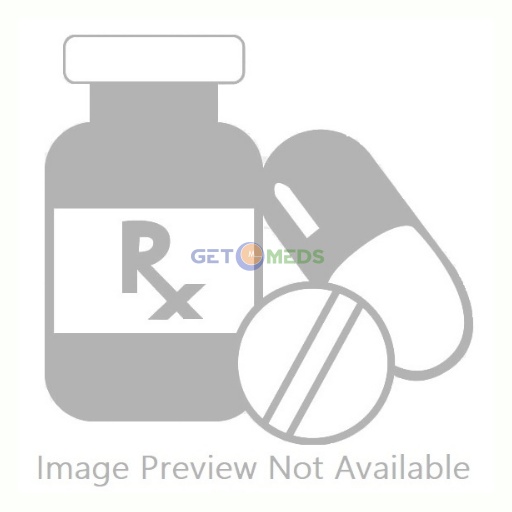All Details About GLYCIFCOSE M 60MG
Find out detailed description, uses, directions of use, side effects, warnings and precautions, frequently asked questions about GLYCIFCOSE M 60MG
Description:
GLYCIFCOSE 60 OD Tablet ER belongs to a category of medicines known as anti-diabetic drugs. It is a combination of two medicines used to treat type 2 diabetes mellitus in adults. It helps control blood sugar levels in people with diabetes.
GLYCIFCOSE M 60 OD Tablet ER should be taken with food. Take it regularly at the same time each day to get the most benefit. Your doctor will decide what dose is best for you and this may change from time to time according to how it is working according to your blood sugar levels.
Uses:
- IN Treatment of Type 2 diabetes mellitus
- Monitor your blood sugar level regularly while you are taking this medicine.
- It can cause hypoglycemia (low blood sugar level) when used with other antidiabetic medicines, alcohol or if you delay or miss a meal.
- Inform your doctor about your diabetes treatment if you are due to have surgery under a general anesthetic.
Directions For Use:
Take this medicine in the dose and duration as advised by your doctor. Swallow it as a whole. Do not chew, crush or break it. GLYCIFCOSE M 60 OD Tablet ER is to be taken with food.
Side Effects:
- Headache
- Nausea
- Dizziness
- Diarrhea
- Flatulence
Warning & Precautions:
- You have any known medical condition like liver or kidney related, heart disorder etc.
- You have planned a surgery or undergone through surgery.
- You have a history of allergic reaction due to any medicine.
FAQs:
Q. What is GLYCIFCOSE M 60 OD Tablet ER?
GLYCIFCOSE M 60 OD Tablet ER is a combination of two medicines: Gliclazide and Metformin. This medicine is used in the treatment of type 2 diabetes mellitus (DM). It improves blood glucose levels in adults when taken along with proper diet and regular exercise. Gliclazide lowers the blood glucose levels by increasing the release of insulin from the pancreas. Metformin works by lowering the glucose production in the liver and improving insulin sensitivity. This combination is not indicated for the treatment of Type 1 DM.
Q. What are the possible side effects of GLYCIFCOSE M 60 OD Tablet ER?
The use of GLYCIFCOSE M 60 OD Tablet ER is associated with common side effects. These side effects may include hypoglycemia (low blood sugar level), altered taste, nausea, stomach pain, diarrhea, headache and upper respiratory tract infection. Its use can also lead to serious but rare side effects like lactic acidosis. On long-term use, it can also lead to vitamin B12 deficiency.
Q. Can the use of GLYCIFCOSE M 60 OD Tablet ER cause hypoglycemia?
Yes, the use of GLYCIFCOSE M 60 OD Tablet ER can cause hypoglycemia (low blood sugar level). Symptoms of hypoglycemia include nausea, headache, irritability, hunger, sweating, dizziness, fast heart rate and feeling anxious or shaky. It happens more often if you miss or delay your food, drink alcohol, over-exercise or take other antidiabetic medicine along with it. So, regular monitoring of blood sugar level is important. Always keep glucose tablets, honey or fruit juice with you.
Disclaimer:
Getomeds primary intention is to ensure that its consumers get information that is reviewed by experts, accurate, and trustworthy. The information and contents of this website are for informational purposes only. They are not intended to be a substitute for professional medical advice, diagnosis, or treatment. Please seek the advice of your doctor and discuss all of your concerns about any disease or medication. Do not disregard or postpone seeking professional medical advice because of something you read on Getomeds. Our mission is to support, not replace, the doctor-patient relationship.
